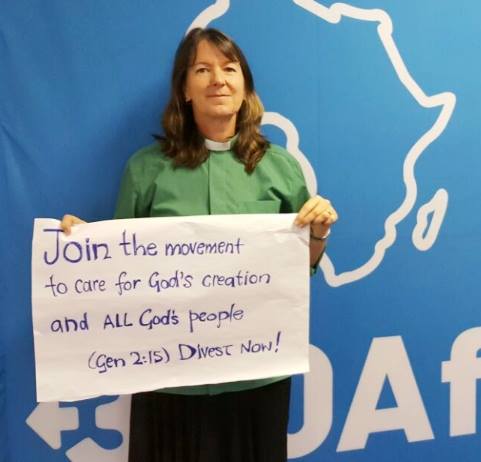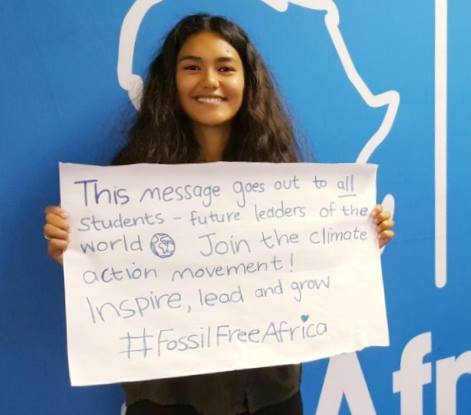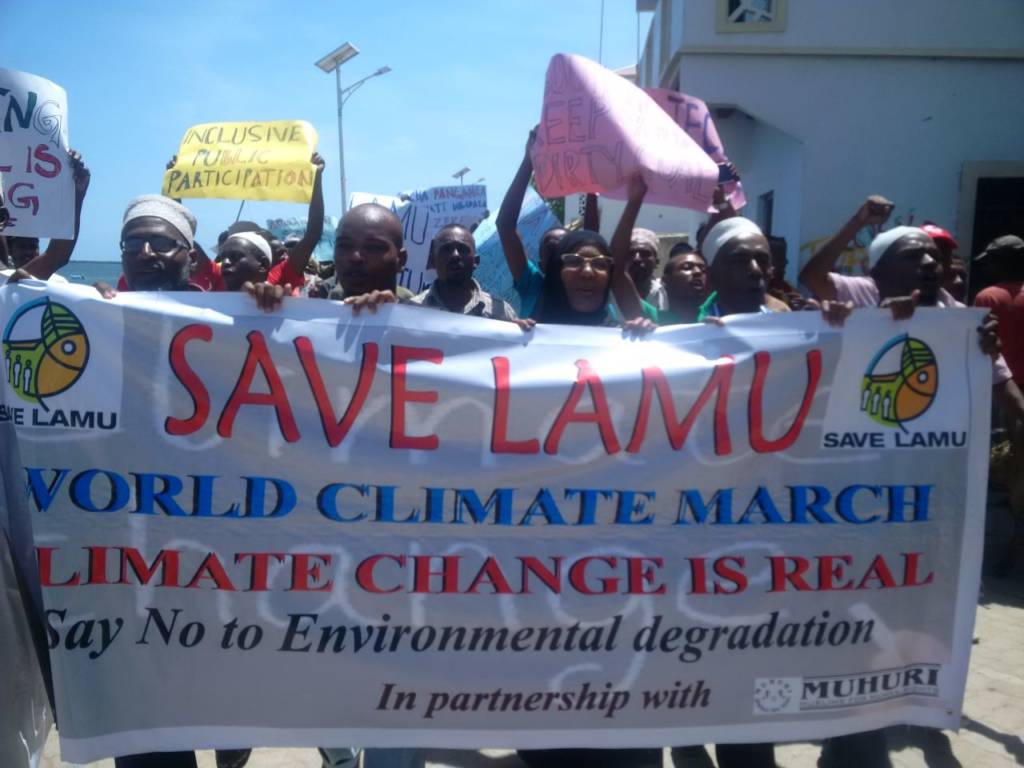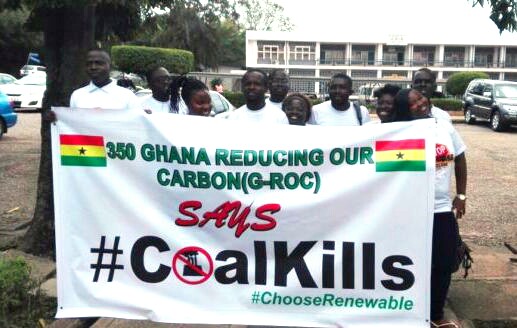It is a new year, new promises and renewed hope for climate change warriors, as we gather much-needed strength and resilience to soldier on and up the ante on our climate change campaigns across the African region.

2016 taught us a lot. The hottest recorded year in history, means impacted communities around the globe are left destitute and vulnerable while grappling to adapt to extreme and frequent weather changes. From soaring temperature, recurring droughts and floods, which are already making headlines this early on in the year. The prolonged 2 year El Nino induced drought period has deprived the region of agricultural produce that many rely on. To date, according World Food Programme 17 million people will require assistance by early 2017. The most-affected countries include Malawi and Lesotho. This is research is not only enlightening but is insightful in highlighting very early in the year, that 2017 will not yield improved weather patterns that restore human dignity to the most vulnerable.
At the heart of Africa’s climate crises are African leaders challenged by the continent’s need for infrastructure development, eradicating poverty and generating electricity for all.
Looking back
In South Africa, we joined the global fossil fuel divestment and clean energy investment movement call in announcing the total value of assets committed for divestment from fossil fuels which reached $5 trillion according to the Arabella Report.
Divestment commitments from the Desmond and Leah Tutu Foundation as well as the Anglican Church of southern Africa indicate that the campaign is taking root and Cape Town is a clear target. This year, we will escalate and take bolder actions in supporting the call for the Mother City alongside its universities to divest.
Kenya
The government of Kenya still has ambitious plans to build the country’s first coal-fired power plant on the UNESCO heritage site in Kwasasi. This plant will pollute the sea, destroy marine life and coral reefs. Killing livelihoods of those that call this land, home.
There is growing division and resistance from community members. On the one hand, local farmers are supportive of the plan as this will bring much needed infrastructures such as roads and improved basic services. Others recognise that all coal plants have long-term irreversible negative impacts on the environment. The large fishing community of Lamu will have nothing.
Although Amu Power and its partners remain hopeful in commencing work on the project in March 2017, 350Africa will continue to work closely with Save Lamu, local communities and other partners in ensuring this project never sees the light of day. Saving Lamu for good!
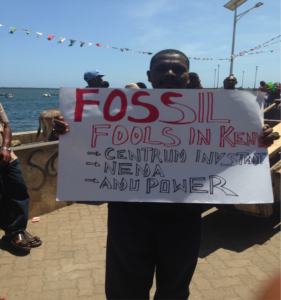
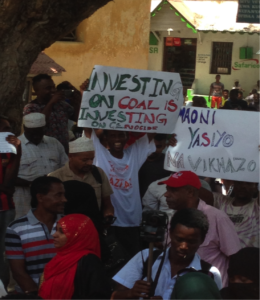
Ghana
In West Africa’s Ghana, 350G-ROC ended the year on the celebratory note. Outgoing President John Dramani Mahama, declared that no coal plant will be built in Ghana. This statement will not go under the radar as the new government has officially been sworn into power. We will continue to push for a complete moratorium on this project.
Our focus this year is to embark on a renewable energy campaign in the country, advocating for a complete abandonment of the Ekumfi coal power plant. The objective is to play a key role in ensuring the government rolls out renewable energies.
Friends, these are some of the campaigns we will focus our efforts and attention on during the year ahead. We will also shortly introduce some other key moments and dates of 2017 that represent great opportunities to engage in climate action.


